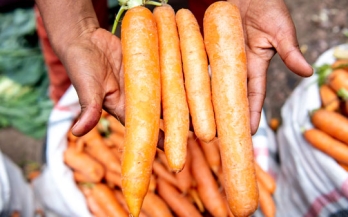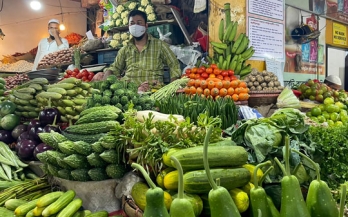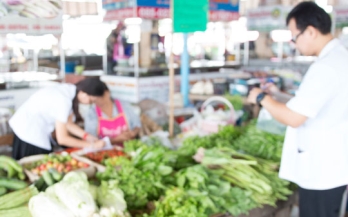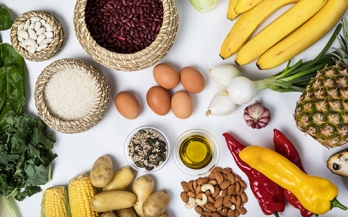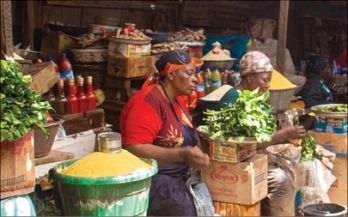Gallup, Harvard T.H Chan School of Public Health, and the Global Alliance for Improved Nutrition (GAIN), today launched the Global Diet Quality Project’s website, dietquality.org, releasing data from 56 countries alongside ready to use tools for diet data collection and analysis.
Join us for an in-depth discussion of the critical role that food standards play in ensuring food safety beyond basic compliance. This year’s theme is Food standards save lives.
At the recent Codex Committee of Food Hygiene meeting that took place in late 2022, the Committee agreed to develop guidelines to improve food safety in traditional markets.
Gallup, Harvard University, and the Global Alliance for Improved Nutrition (GAIN) have today published a new report on diet quality entitled Measuring What the World Eats.It is the first report from the Global Diet Quality Project, with data based on the Diet Quality Questionnaire (DQQ), a standard questionnaire which takes just five minutes to complete.
CARE USA and the Global Alliance for Improved Nutrition (GAIN) announced today the signing of a memorandum of understanding, establishing a global partnership to improve access to affordable healthy diets.
New analysis published today in the scientific journal Nature by global nutrition leaders, reveals that the war against Ukraine threatens to increase the number of malnourished people who have already suffered from reduced diets and health systems support due to COVID-19.
Use EatSafe's new, interactive Food Price Tool to explore how the COVID-19 pandemic impacted food prices in traditional markets in Bangladesh, Ethiopia, Kenya, Mozambique, Nigeria, and Tanzania.
Malnutrition comes in many forms. Hunger, stunting, and wasting can have severe consequences that are all too visible. A related form of malnutrition—deficiencies in essential vitamins and minerals—often goes unnoticed yet can wreak havoc on the immune system, hinder growth and development and, in extreme cases, lead to death. This “hidden hunger” is the result of poor diets lacking in essential micronutrients.
This blog highlights findings related to gender from EatSafe's formative research. Women’s empowerment and gender equity are central to reducing the burden of foodborne illness and integral research, learning, and evaluation of food safety interventions.
